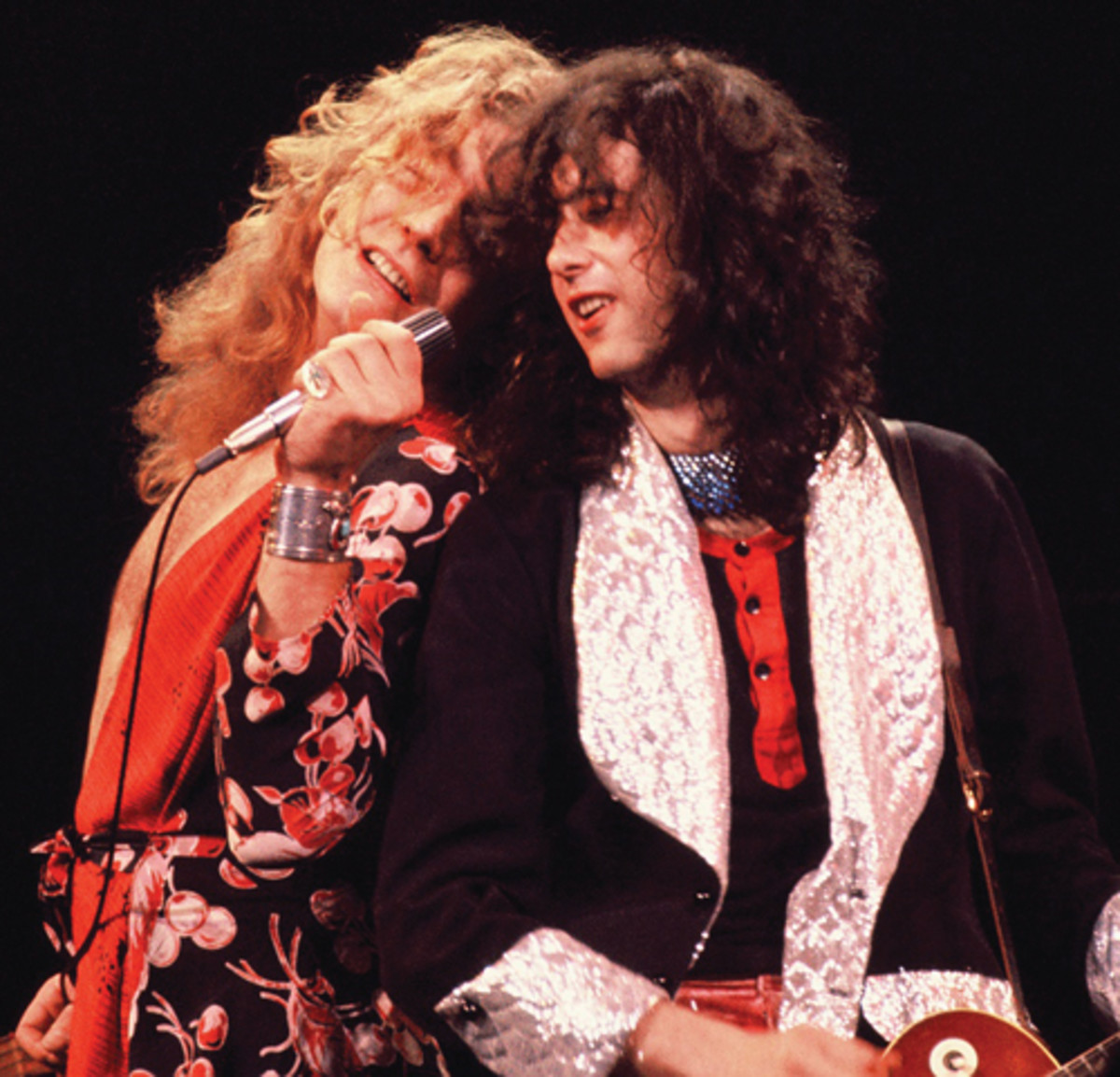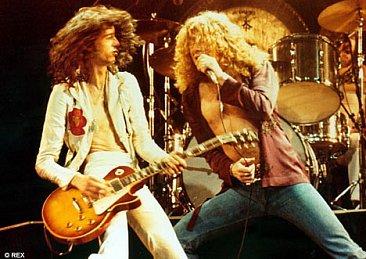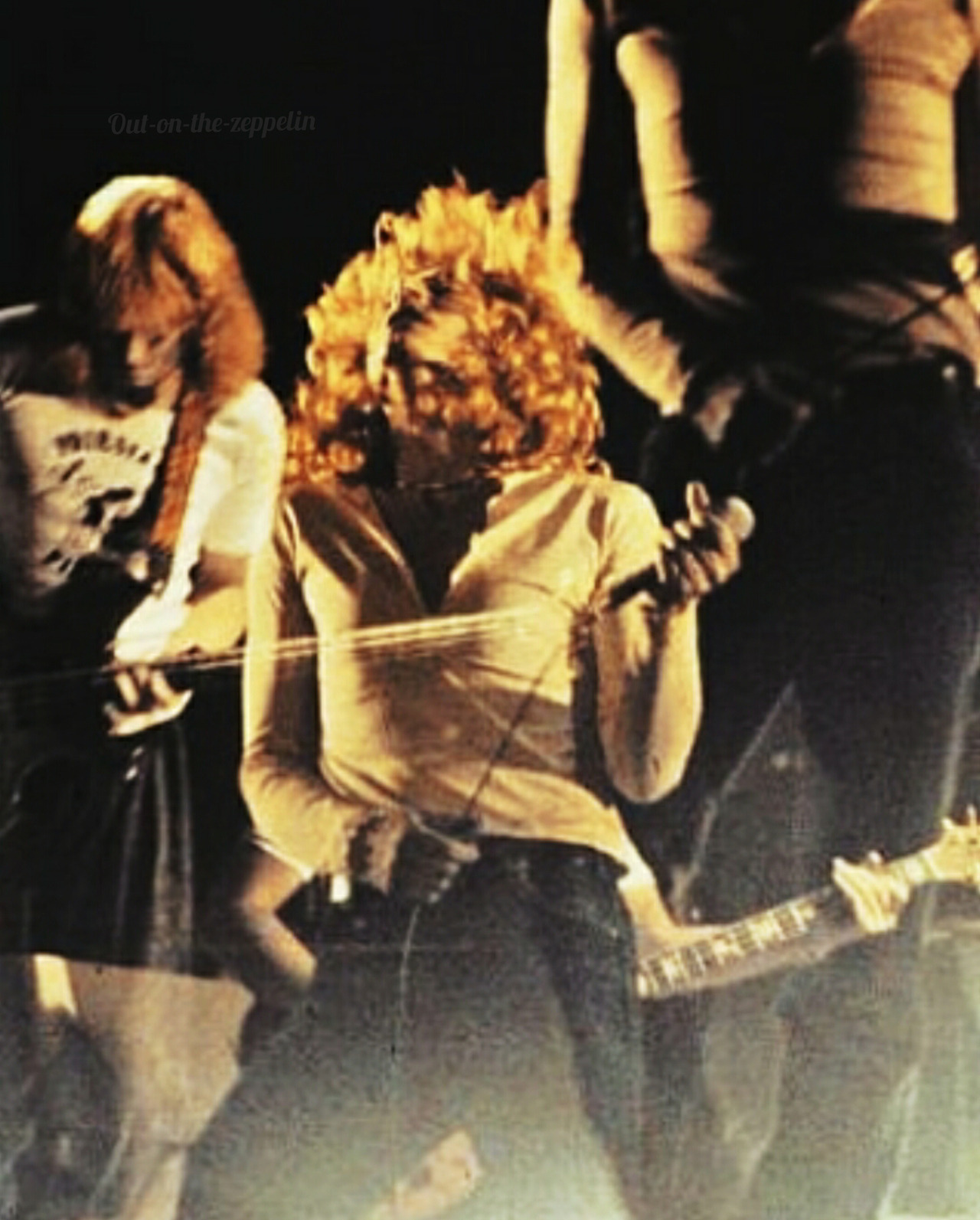In 1995, on their Unledded tour, Jimmy Page and Robert Plant took a Detroit audience by surprise. Among the setlist that night was a song few expected to hear live — “Hey, Hey What Can I Do.” Though beloved by hardcore fans, the track had never been performed by the original Led Zeppelin lineup during their prime.
What happened that night was more than a trip down memory lane — it was a heartfelt revival of one of Zeppelin’s most overlooked treasures.

Originally released in 1970 as the B-side to “Immigrant Song,” Hey, Hey What Can I Do tells the story of a man hopelessly in love with a woman who can’t stay faithful. With its blend of folk warmth, bluesy sorrow, and lyrical melancholy, the song earned cult status, especially given its absence from official albums until Coda and later box set releases.
So when Page and Plant brought it back—stripped of any studio polish, raw and intimate—it felt less like a concert moment and more like a gift to the fans who’d waited decades.

🎤 Plant’s Voice: Time-Weathered and Powerful
By 1995, Robert Plant’s voice had evolved. Gone were the sky-high wails of the early ’70s. In their place? A deeper, wiser tone that didn’t chase the past but embraced it. He delivered each line with the weight of experience, turning lyrics once full of youthful bravado into reflective echoes of love lost and lessons learned.
“I got a woman, wanna ball all day…”
Now it sounded less like a swagger and more like a memory.
🎸 Page’s Guitar: Quietly Brilliant
Jimmy Page set aside the thunderous riffs and leaned into something gentler. His playing was stripped-back and soulful, full of nuance. Each note glowed with restraint, turning the song into a twilight ballad that felt both timeless and personal.
The chemistry between them? Still electric. Still unpredictable. Still Zeppelin at its core—even without the name.

🚨 Why This Moment Still Matters
That night in Detroit wasn’t about playing the hits. It was about reclaiming a forgotten piece of their musical legacy. Hey, Hey What Can I Do had always lived on the edges of Zeppelin’s history, but in that moment, it took center stage.
And maybe that’s why it hit so hard. Because it wasn’t just a performance—it was a rediscovery.
Of heartbreak. Of history.
Of the enduring soul of Led Zeppelin.

